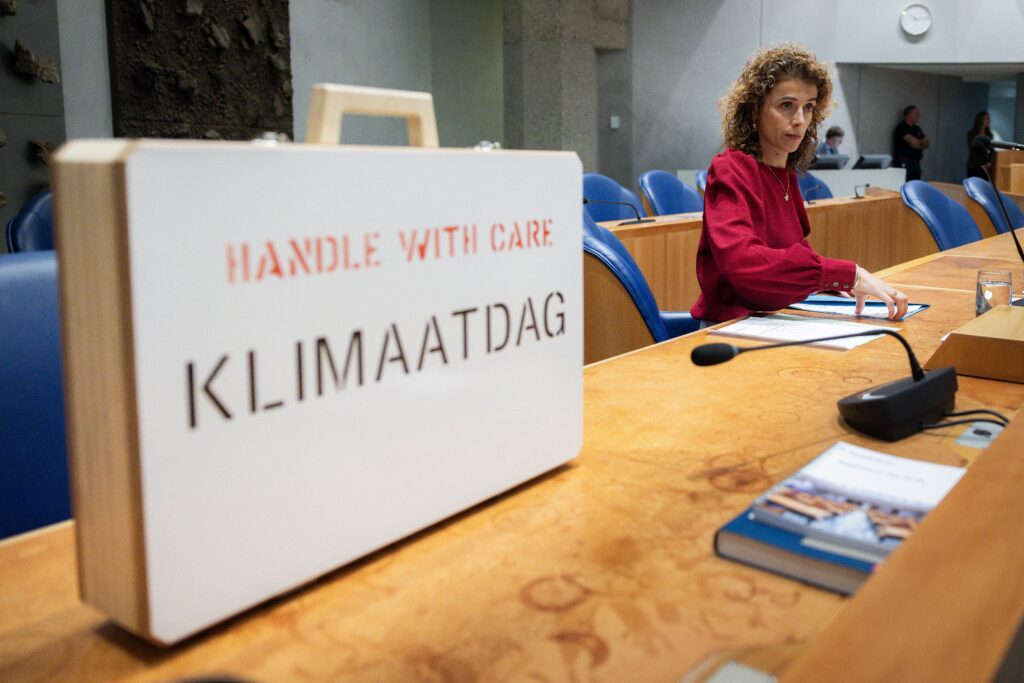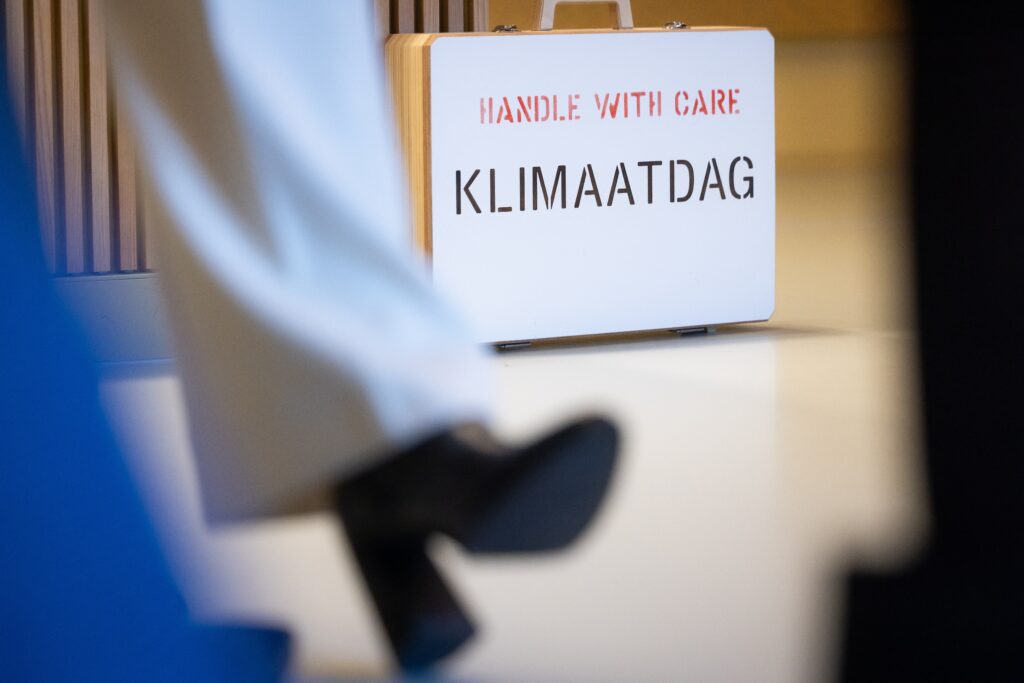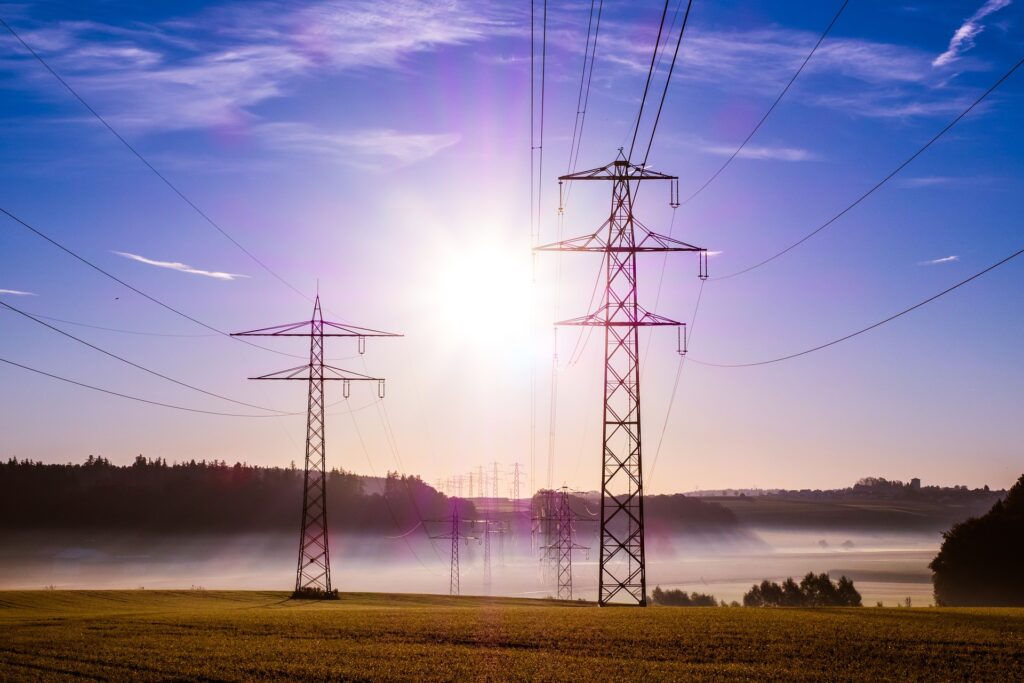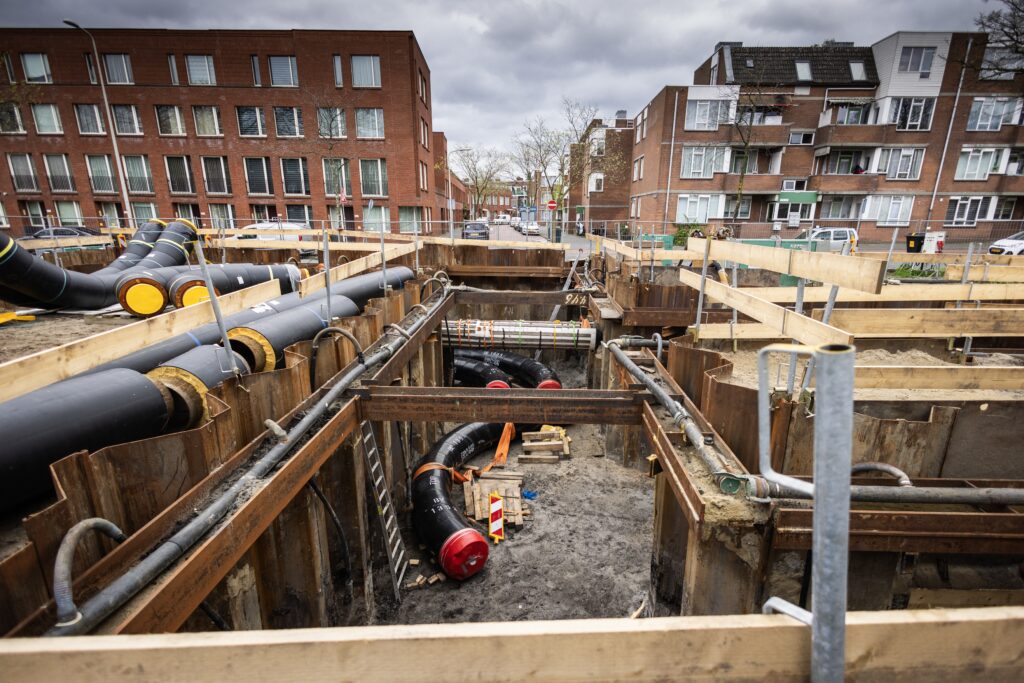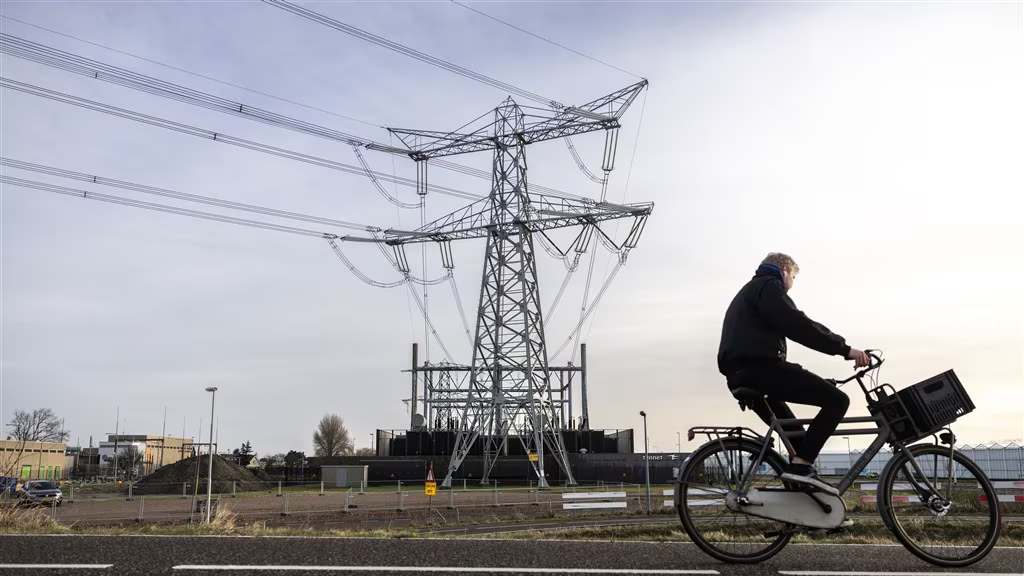On July 24, Energie-Nederland and Vewin signed a general convention with agreements about the distance between underground heating networks and drinking water pipes. These agreements are essential to guarantee drinking water quality and at the same time facilitate the heat transition. The basic principle is that heating networks and drinking water pipes are 1.5 meters apart, with the option of being up to 1 meter apart for a limited part.
Sam Collot d’Escury (director of Energie-Nederland): ‘The agreement lays a foundation for cooperation between the drinking water and heating sectors, which promotes the development of heating networks and avoids negative effects on drinking water temperature.’ Hans de Groene (director Vewin ): ‘This agreement comes at a time when the energy transition and climate change pose major challenges to infrastructure planning and management. We are happy with these agreements; the agreement is an important step forward in protecting drinking water quality while contributing to the energy transition.”
Guaranteeing drinking water quality Climate change, urbanization and the energy transition contribute to soil warming. This increases the risk of unwanted heating of drinking water in the underground drinking water pipes. It is legally stated that drinking water may be a maximum of 25 degrees Celsius at the tap. Exceeding this standard can have consequences for drinking water quality and therefore poses a potential risk to public health, especially due to the possibility of legionella contamination. The agreement of 1.5 meters ensures that drinking water quality is guaranteed as this distance limits heat radiation from heating networks.
Facilitating heat transition Making agreements about the distance standards is facilitating heart projects. The basic agreement of 1.5 meters away, with the option of being closer for short distances, provides clarity and certainty to both sectors. The agreement thus simplifies the process towards a final design of the heating networks and fewer project-specific studies are required into thermal influence.
Energie-Nederland and Vewin will further elaborate these agreements.


